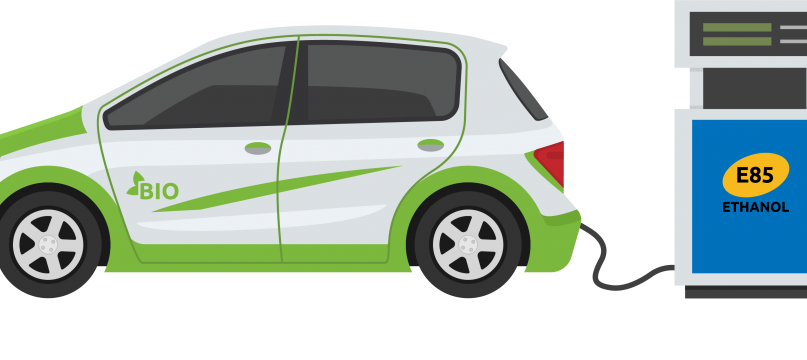
The FIA European Bureau supports the European Union’s objective to decrease greenhouse gas emissions by 55% by 2030 and to reach climate neutrality by 2050. Measures to reach that objective should accompany the desired changes in mobility, which must remain reliable and affordable for consumers; consumer acceptance is crucial for the success of this transition.
The regulatory approach to propulsion systems and fuels should be technology neutral and on a well-to-wheel basis. Technology neutrality is key to reach carbon neutrality in the medium term and spur competition between technologies. This approach would allow the EU to carry out its transition in the most effective way, thus guaranteeing wide availability and affordability for individual consumers. The policy and regulatory framework should therefore remain open to any option that would allow consumers to fully embrace the transition to climate neutrality and contribute to emission reduction.
In general, low carbon liquid and gaseous fuels can play an important role in the transition to climate neutral mobility, besides electrification. Most of the current fleet use an internal combustion engine1 and will remain on our roads for many years to come. Operating vehicles with low carbon fuels produced at reasonable cost in a sustainable way should be an important part of the EU mobility strategy.
The FIA European Bureau believes that such regulatory framework should consistently enable the development of alternative fuels and propulsion systems without bias for any specific technology or process.
This position paper addresses both the policies and regulatory measures allowing alternative liquid and gaseous fuels to play a role in the transition to carbon neutral mobility. The FIA European Bureau position outlines what sort of measures are needed to support the deployment of alternative fuels based on renewable energy and, where appropriate, highlights the potential to reform and revise applicable EU legislation. It focusses on the in-use measures that should be taken to support the deployment of alternative fuels based on renewable energy in the coming years.